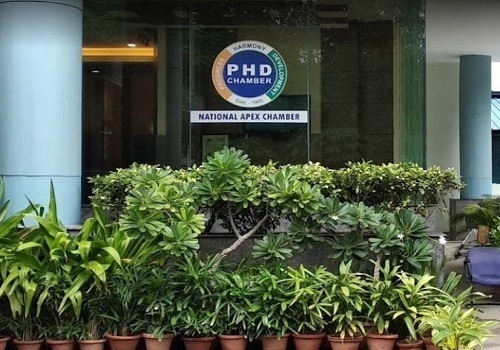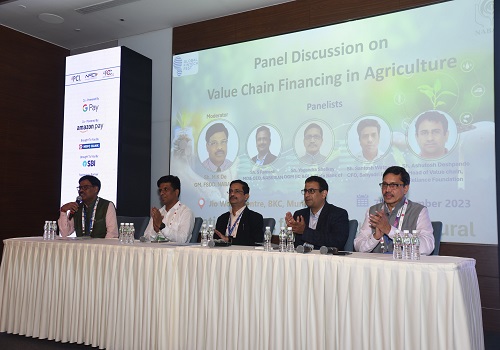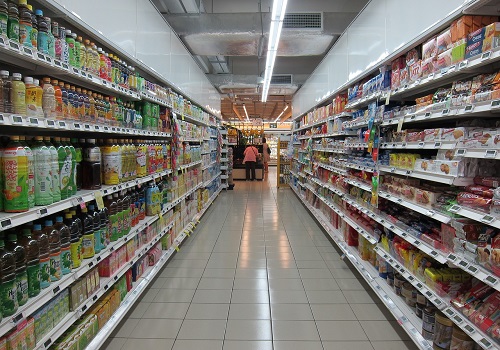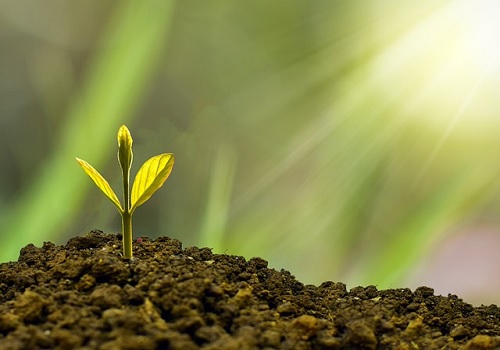ITC Next strategy enables robust growth under CMD Sanjiv Puri's leadership
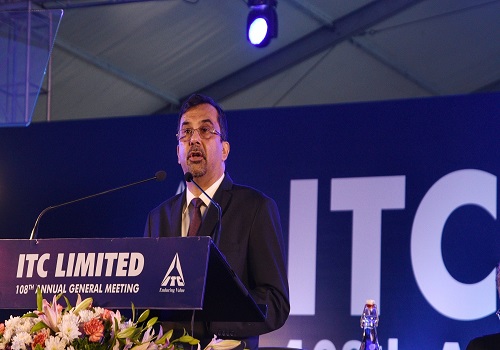
ITC, despite facing a challenging business environment, has demonstrated strong performance across all operating segments as a result of its ITC Next strategy.
The diversified conglomerate recently released its Annual Report for FY 2022-23, showcasing impressive financial results. The company achieved gross revenue of Rs 69,480.89 crores, reflecting a growth of 17.6 per cent.
Furthermore, EBITDA increased by 26.5 per cent to Rs 23,944.47 crores. Profit Before Tax and Exceptional items reached Rs 24,677.54 crores, marking a growth of 24.4 per cent compared to the previous year.
Additionally, the company's Profit After Tax stood at Rs 18,753.31 crores, a significant increase from Rs 15,057.83 crores in the previous year.
As per the ITC Annual Report, robust growth across all its business units was achieved. The FMCG Businesses outperformed the industry, driven by an expanded distribution footprint, effective execution, consumer insights, innovation, and premium product offerings.
The FMCG-Others Segment also experienced strong growth despite subdued demand conditions. The Hotels Segment witnessed a remarkable recovery, with revenue and profits growing significantly due to weddings, leisure, MICE segments, and increased business travel.
The Agri Business Segment delivered a resilient performance, with revenue and results growing by 12.2 per cent and 28.8 per cent respectively.
The Paperboards, Paper & Packaging Segment demonstrated strong performance, with revenue and results growing by 18.8 per cent and 34.9 per cent respectively.
Again, The FMCG-Cigarettes Segment experienced a sustained recovery in volumes, attributed to effective measures taken by enforcement agencies against illicit trade and relative stability in taxes.
The remarkable performance is a result of the strategic initiatives undertaken by ITC over the past four years. Under the leadership of Chairman Sanjiv Puri and his 'ITC Next' Strategy, the company has focused on agility, resilience, innovation, digital acceleration, cost optimisation, customer centricity, and investing in new growth avenues while ensuring a flexible supply chain.
The new ITC embodies qualities of being future-oriented, competitive, climate-positive, innovative, and inclusive. During this period, significant structural interventions have been implemented to drive growth and improve margins.
Moreover, the organisational culture has been nurtured to foster a growth mindset, future orientation, collaboration, diversity, and inclusion among teams.
In the past four years, ITC has achieved robust growth across its businesses, establishing a strong zero-debt balance sheet.
In the FMCG Others segment, revenues have grown by 1.5 times over five years, increasing from Rs 12,505 crore in FY19 to Rs 19,123 crore in FY23.
The hotels business has seen significant improvement, with EBITDA reaching Rs 832 crore, nearly double that of FY20, representing a YoY increase of Rs 754 crore.
The Agri Business has also experienced notable progress, with revenues rising from Rs 10,241 crore in FY20 to Rs 18,172 crore in FY23. Additionally, the Paperboards, Paper, and Packaging have shown growth, with segment EBITDA increasing from Rs 1,663 crore in FY20 to Rs 2,642 crore in FY23.
The ITC Next Strategy has significantly contributed to the company's growth and competitiveness. A key aspect of this strategy is Agile and Purposeful Innovation, which has been ingrained as a cultural value across all areas of the company. This emphasis on innovation has led to the launch of approximately 300 innovative products in the past three years, driving product development.
Furthermore, the focus on innovation has enabled a consumer-centric approach, particularly in meeting evolving needs such as nutrition. ITC's innovation engine, Life Sciences and Technology Centre (LSTC) boasts a diverse team with over 4,000 years of collective experience, including 45 per cent women, and has filed over 800 patents, making it the largest innovator in India.
Digital Interventions is another important pillar of the ITC Next Strategy. A significant shift towards a digital-first culture has taken place across all aspects of the company, encompassing sourcing, manufacturing, analytics, marketing, inventory planning, and distribution.
An integrated digital architecture has been implemented to effectively manage and enhance the agility of the extensive ITC ecosystem, which includes over 200 factories, 50 warehouses, 2,200 distributors, 17,000 stockists, and 2.5 million retailers. Moreover, Industry 4.0 practices have been adopted to optimise manufacturing processes in the company.
The company has prioritised a technology-enabled and future-ready supply chain, utilising digital tools such as ITCOne Supply chain, Project Zen, and Project Drishti.
Additionally, the ITC e-Store has experienced significant expansion and is currently operational in over 10,000 pin codes.
Sales through e-commerce have grown nearly five-fold compared to the previous fiscal year of 2019-20, with the e-commerce channel accounting for over 10 per cent of total sales.
Under Chairman and Managing Director Sanjiv Puri's leadership, ITC has reached remarkable milestones in sustainability. Purposeful brands such as Mangaldeep Visually Impaired, Yippee! Plastic waste, Fiama Mental Health, and Aashirvaad skilling women were launched. ITC Hotels has emerged as a global leader in Responsible Luxury, with 12 hotels receiving LEED Zero Carbon Certification.
Through Climate Smart Agriculture initiatives, the company has positively impacted 700,000 farmers across 17 states, reducing greenhouse gas emissions by 13 per cent to 66 per cent for select crops across 2 million acres.
ITC has maintained a water-positive status for 21 years, a carbon-positive status for 18 years, and has covered an impressive 1,043,000 acres through afforestation efforts.


















